110+ Weekly Planner PDF
-

Weekly Desk Planner Template
download now -
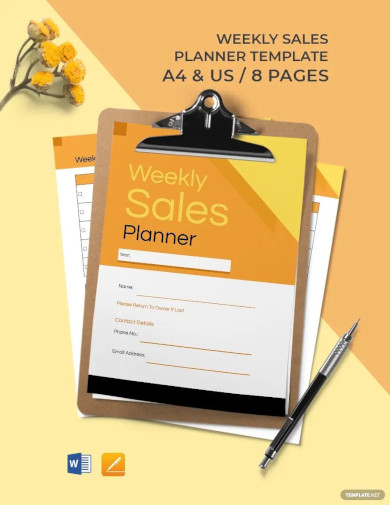
Weekly Sales Planner Template
download now -
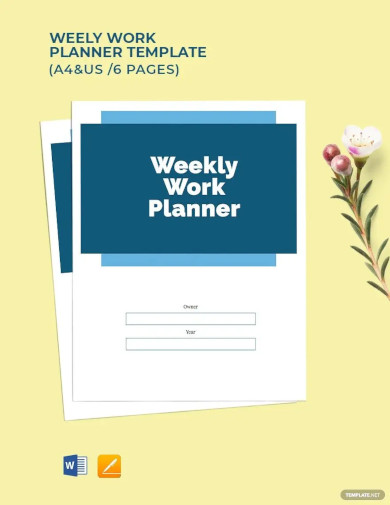
Weekly Work Planner Template
download now -

Weekly Workout Planner Template
download now -
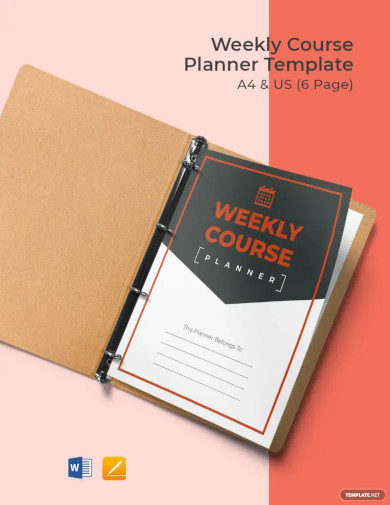
Weekly Course Planner Template
download now -
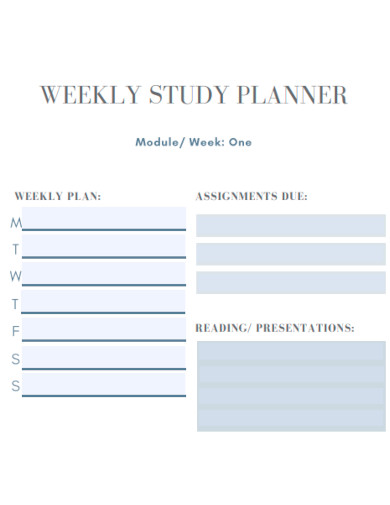
Weekly Study Planner
download now -

Weekly Menu Planner
download now -
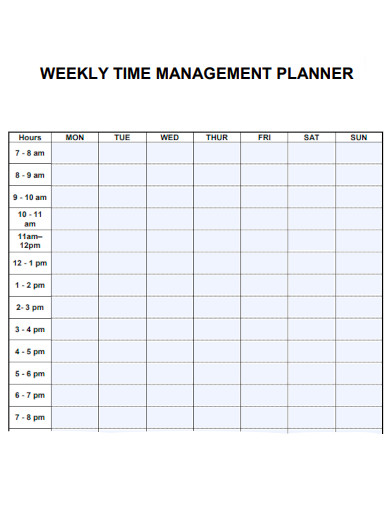
Weekly Time Management Planner
download now -

Weekly Schedule Planner
download now -
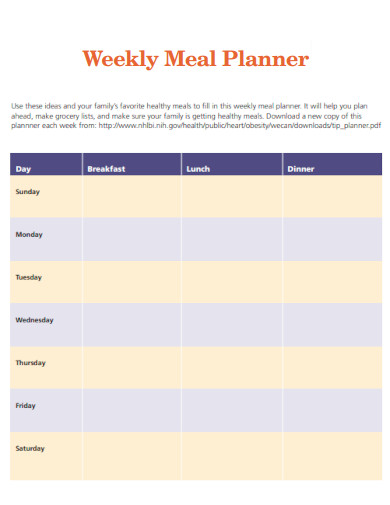
Weekly Meal Planner
download now -
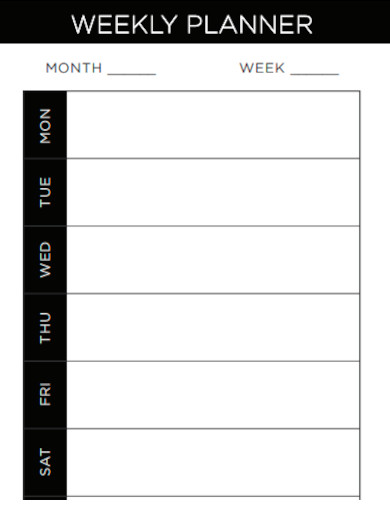
Basic Weekly Planner
download now -
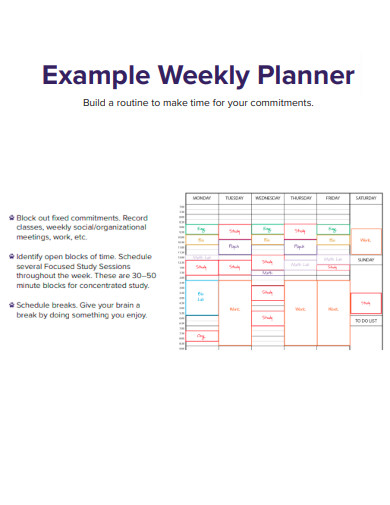
Weekly Planner Example
download now -
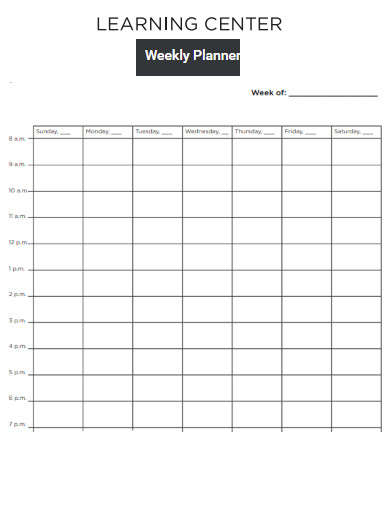
Learning Center Weekly Planner
download now -
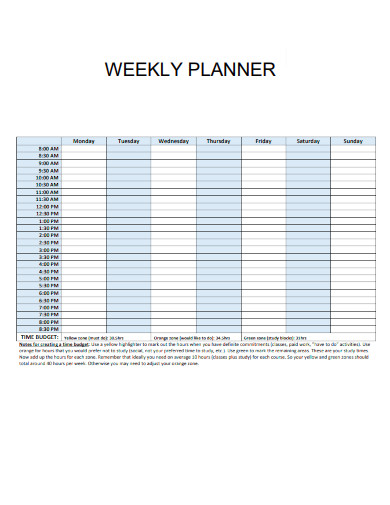
Weekly Planner Handout
download now -

Bi Weekly Planner
download now -
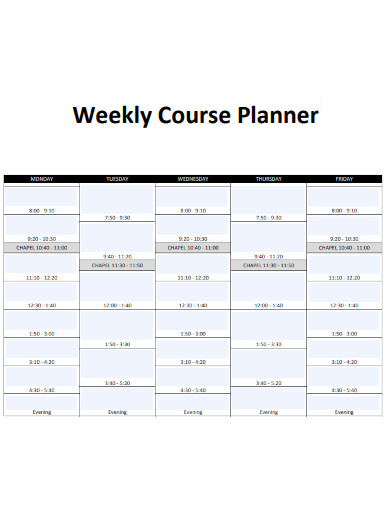
Weekly Course Planner
download now -
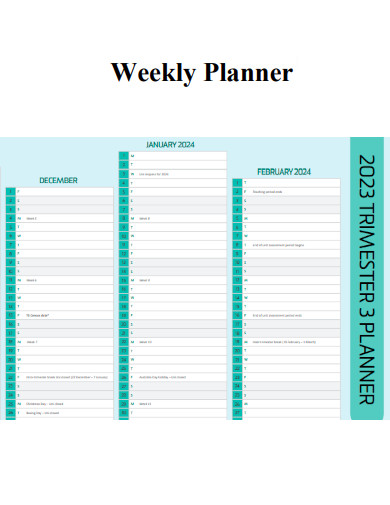
Trimester Weekly Planner
download now -
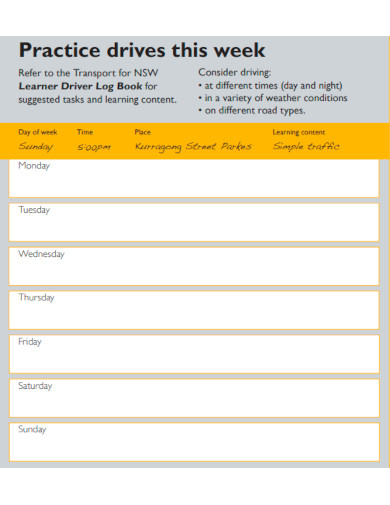
Practice Drives Weekly Planner
download now -
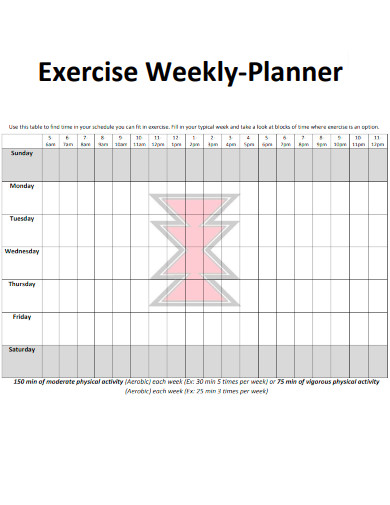
Exercise Weekly Planner
download now -
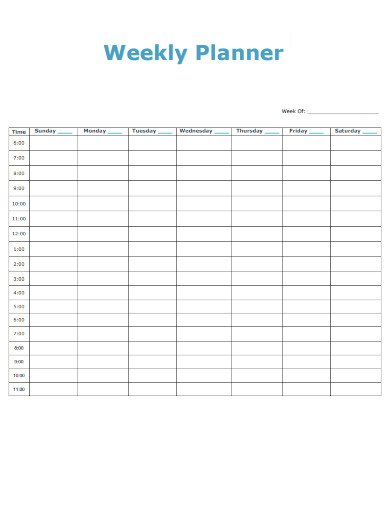
Weekly Planner Version
download now -
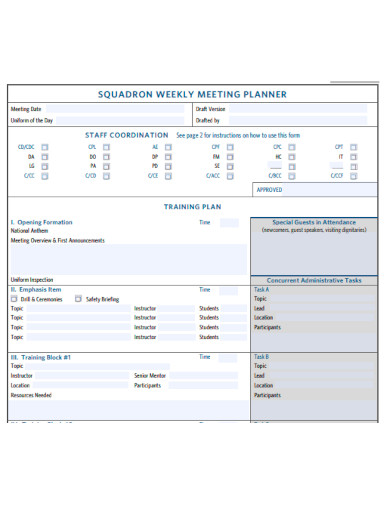
Weekly Meeting Planner
download now -
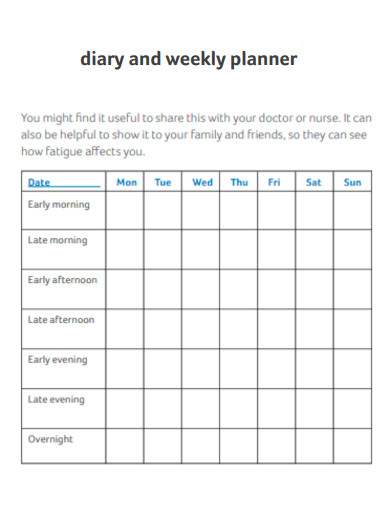
Diary Weekly Planner
download now -
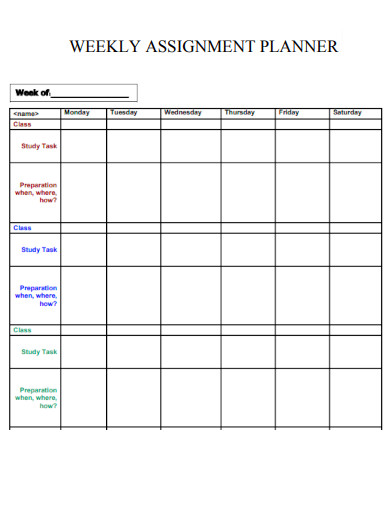
Weekly Assignment Planner
download now -
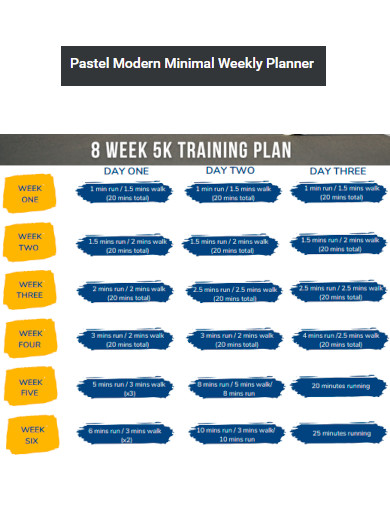
Pastel Modern Minimal Weekly Planner
download now -
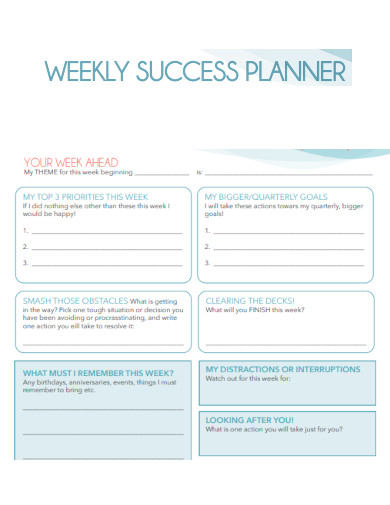
Weekly Success Planner
download now -
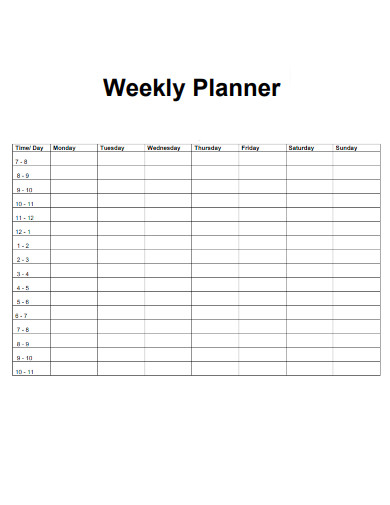
General Weekly Planner
download now -
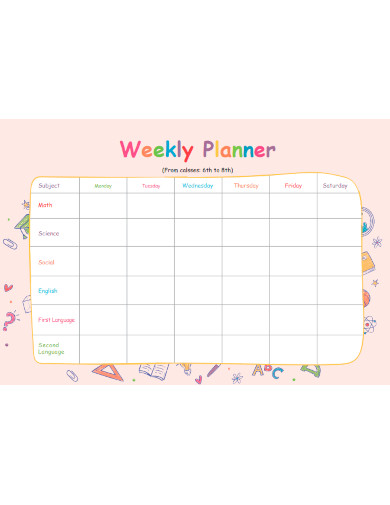
Weekly Planner From Class 6 to 8
download now -
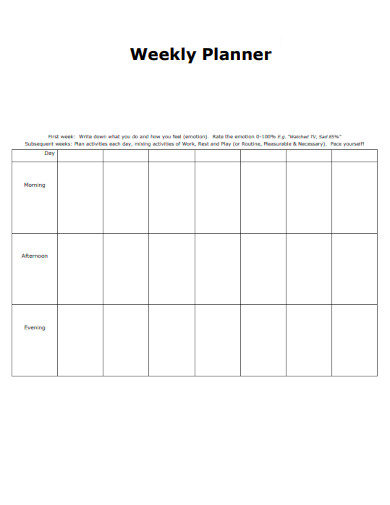
Weekly Planner Day
download now -
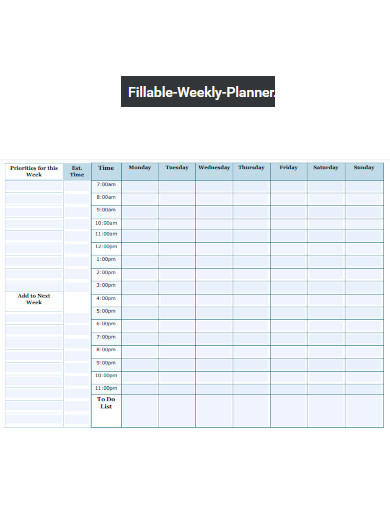
Fillable Weekly Planner
download now -
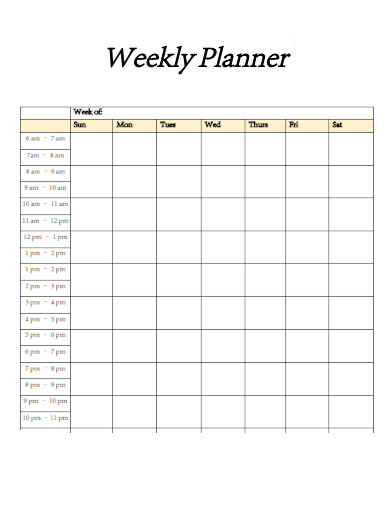
Weekly Planner Template
download now -
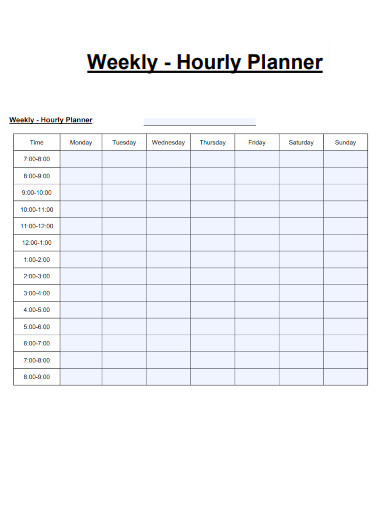
Weekly Hourly Planner
download now -
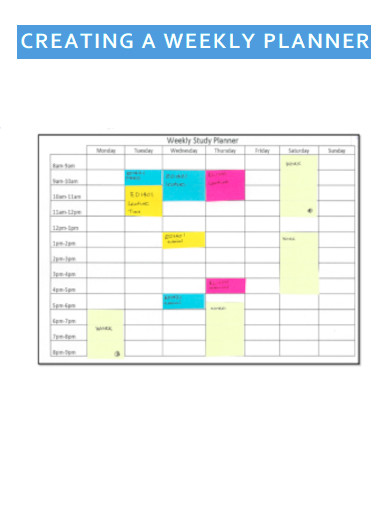
Create a Weekly Planner
download now -
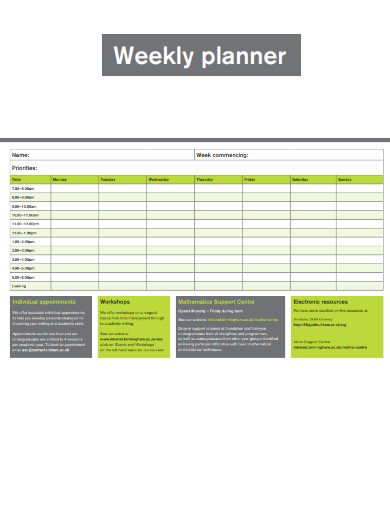
Simple Weekly Planner
download now -
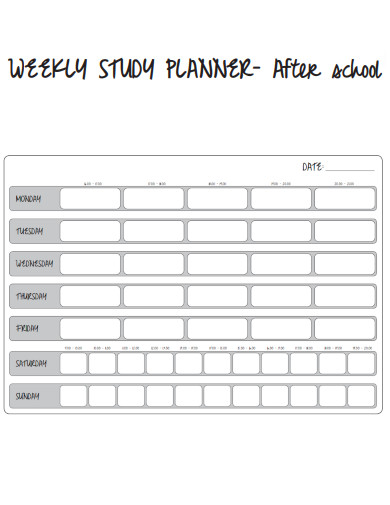
Weekly Study Planner After School
download now -
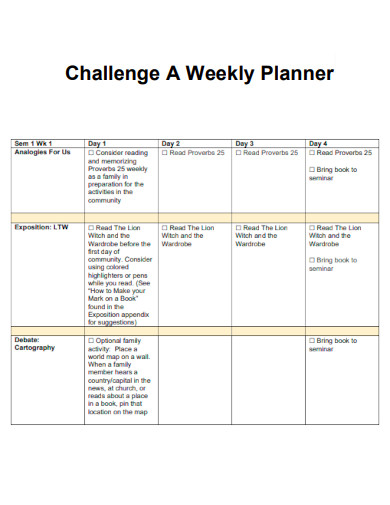
Challenge A Weekly Planner
download now -
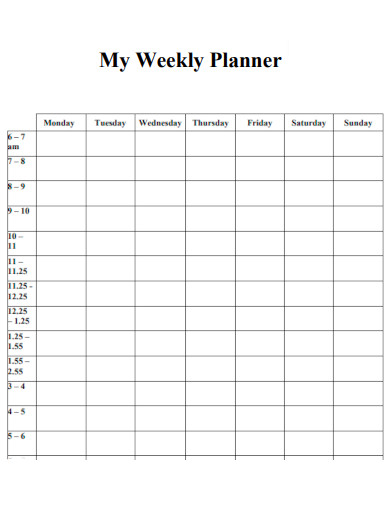
My Weekly Planner
download now -

Printable Weekly Planner
download now -
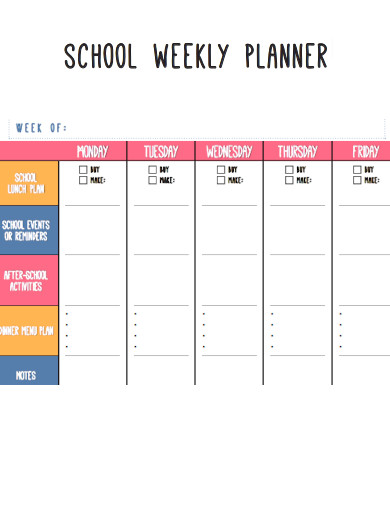
School Weekly Planner
download now -
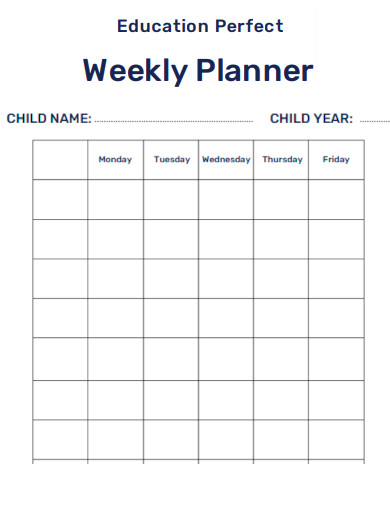
Education Perfect Weekly Planner
download now -
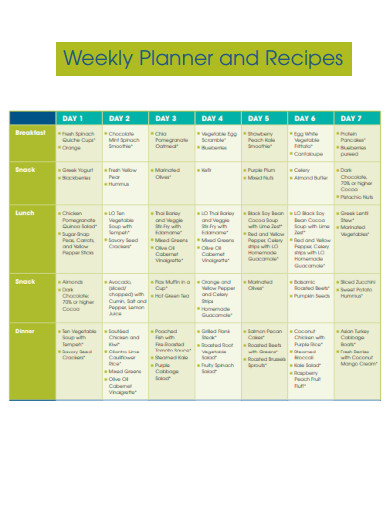
Weekly Planner and Recipes
download now -
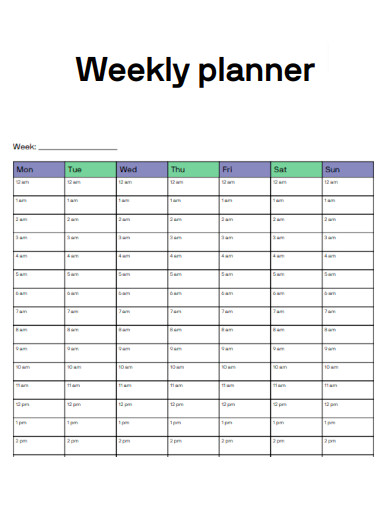
Weekly Planner Time Blocking
download now -
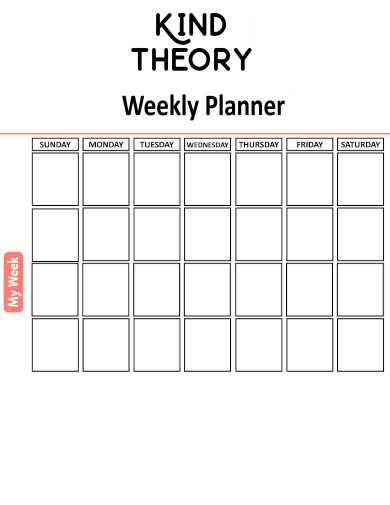
Kind Theory Weekly Planner
download now -
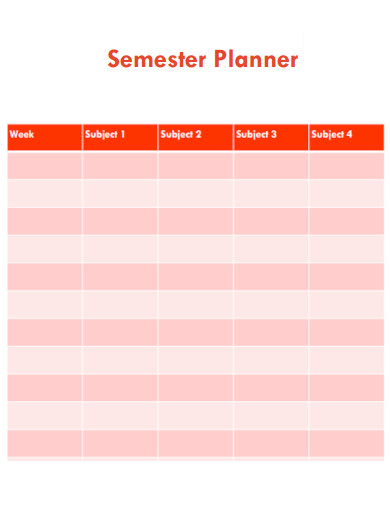
Semester Weekly Planner
download now -

7 Day Weekly Planner
download now -
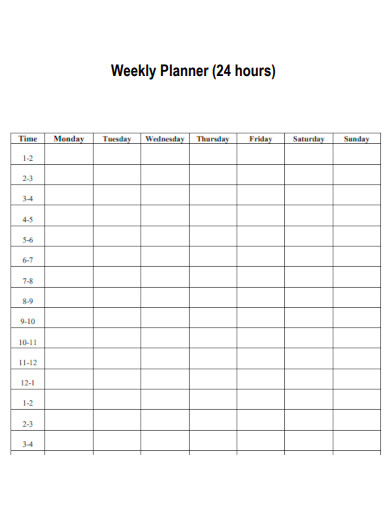
24 Hours Weekly Planner
download now -
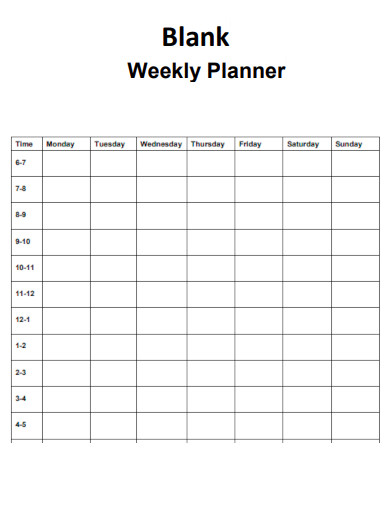
Blank Weekly Planner
download now -
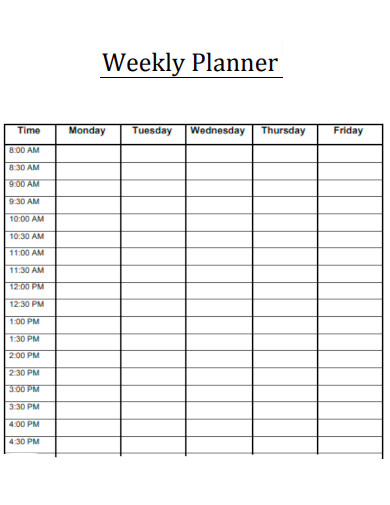
College Weekly Planner
download now -
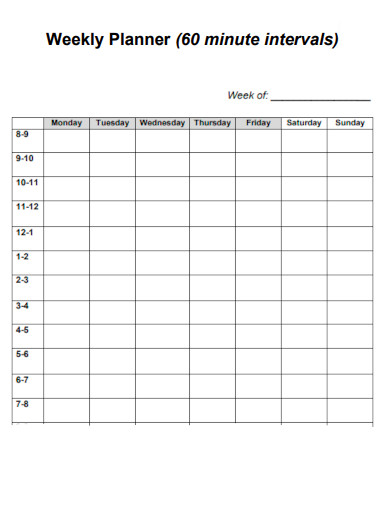
60 Minute Interval Weekly Planner
download now -
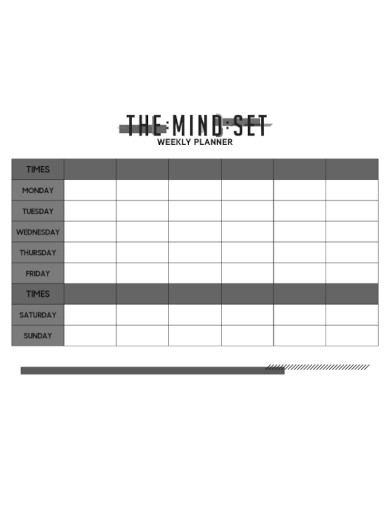
Mind Set Weekly Planner
download now -
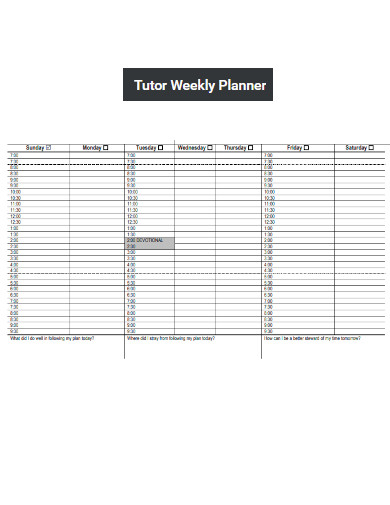
Tutor Weekly Planner
download now -
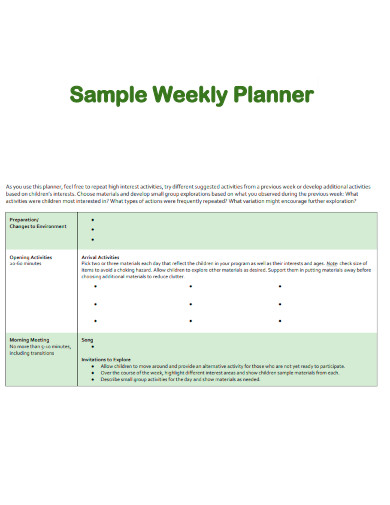
Sample Weekly Planner
download now -
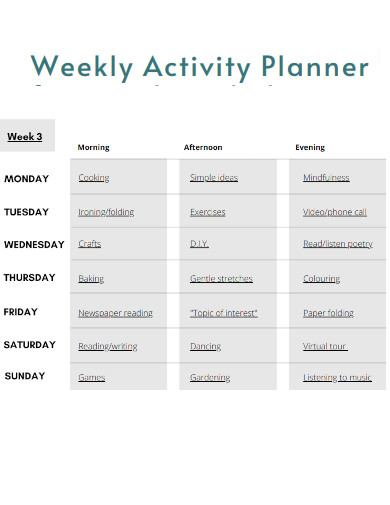
Weekly Activity Planner for Dementia People
download now -

Year 4 Weekly Planner
download now -
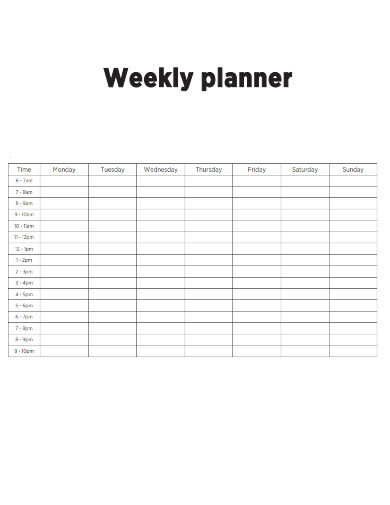
Counselling Weekly Planner
download now -
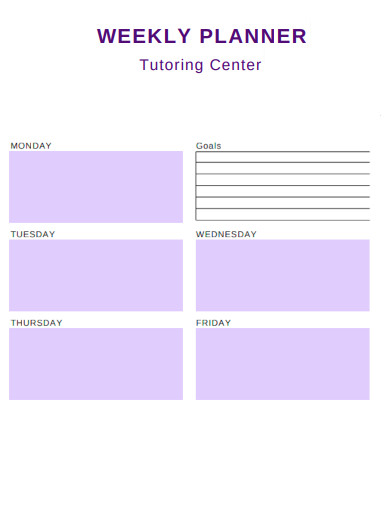
Tutoring Center Weekly Planner
download now -
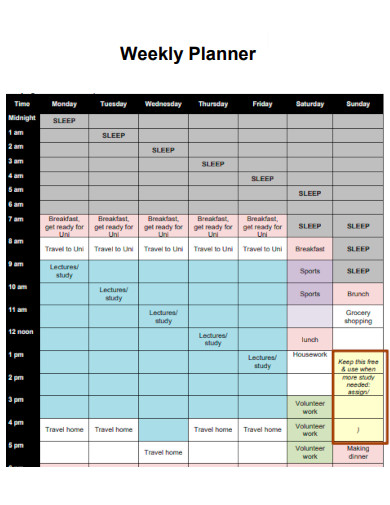
Weekly Planner Overview
download now -
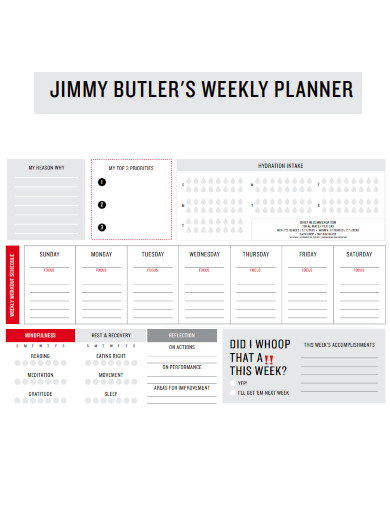
Jimmy Butler Weekly Planner
download now -

Calendar Weekly Planner
download now -

Weekly Marketing Planner
download now -
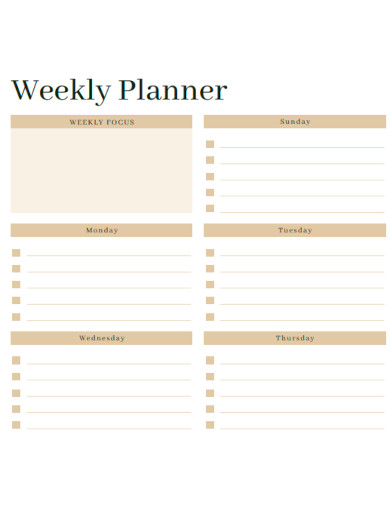
Editable Weekly Planner
download now -
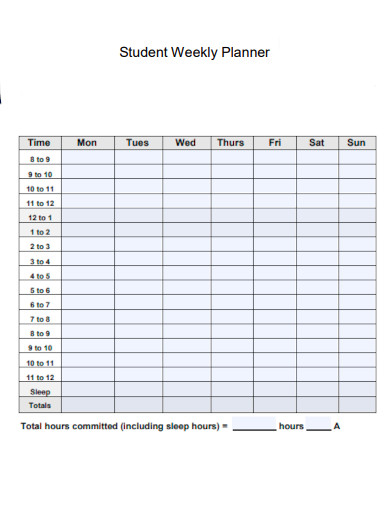
Student Weekly Planner
download now -

Art Work Weekly Planner
download now -
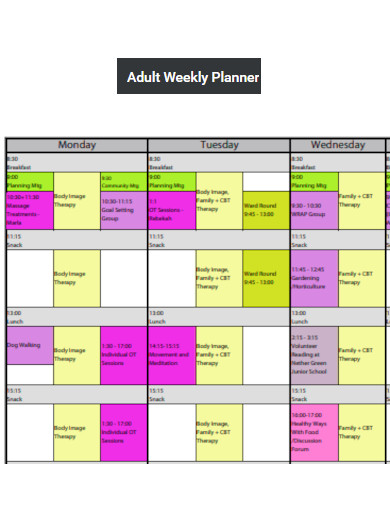
Adult Weekly Planner
download now -
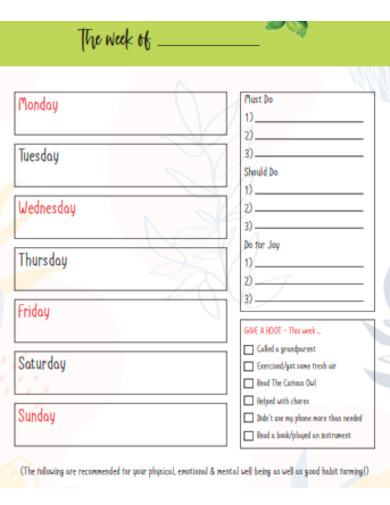
Good Habit Forming Weekly Planner
download now -

University Weekly Planner
download now -
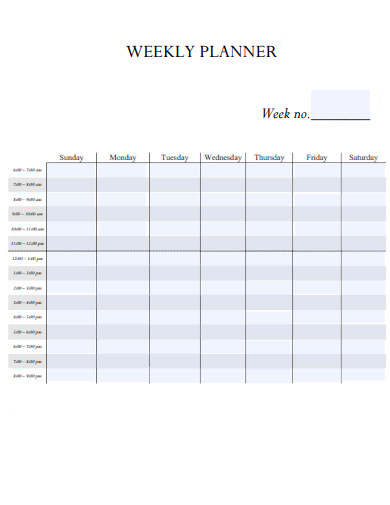
Plain Weekly Planner
download now -
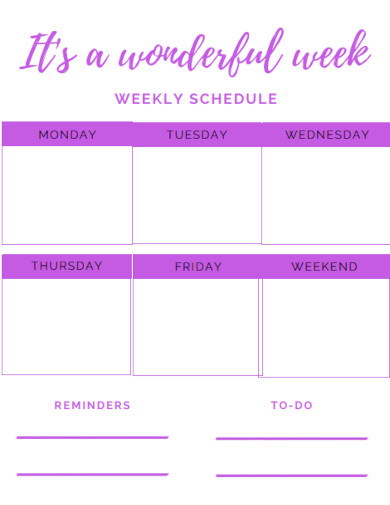
Wonderful Weekly Planner
download now -
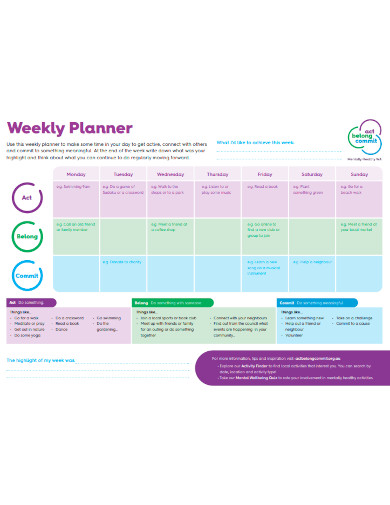
Act Belong Commit Weekly Planner
download now -

Weekly Health Planner
download now -
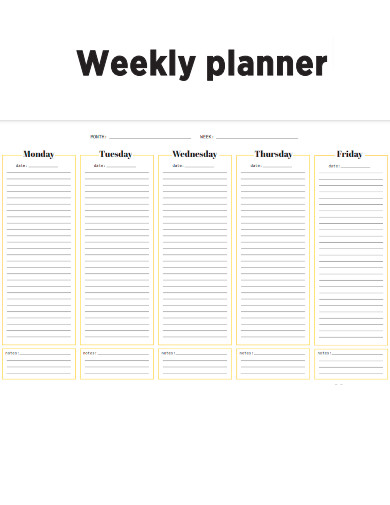
Weekly Planner with Notes
download now -
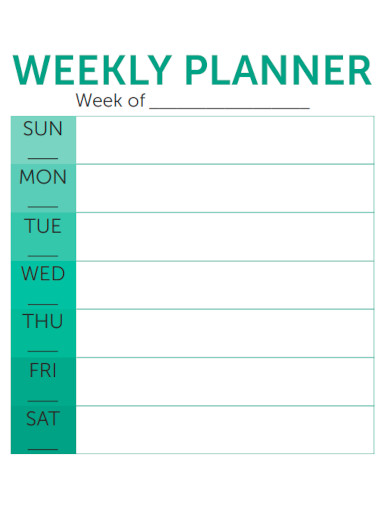
Formal Weekly Planner
download now -
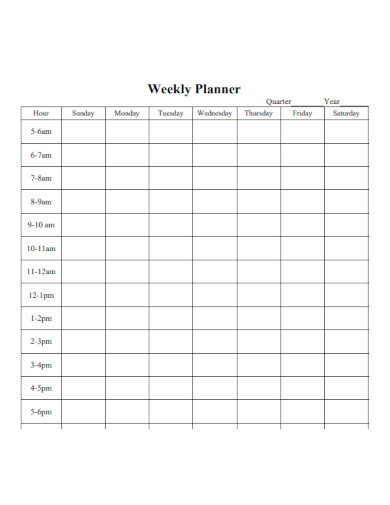
Quarter Weekly Planner
download now -
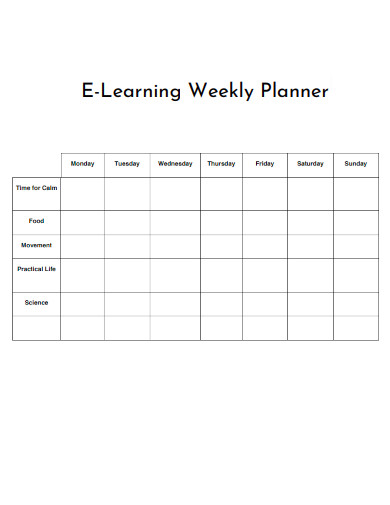
E-Learning Weekly Planner
download now -
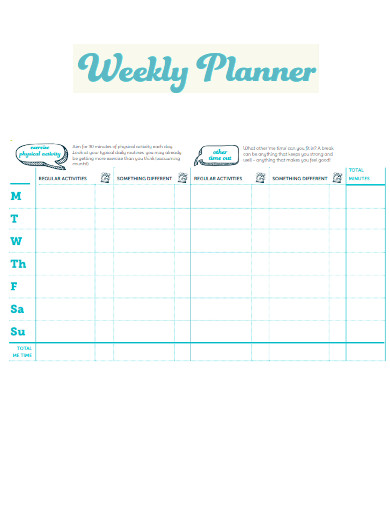
Physical Activity Weekly Planner
download now -
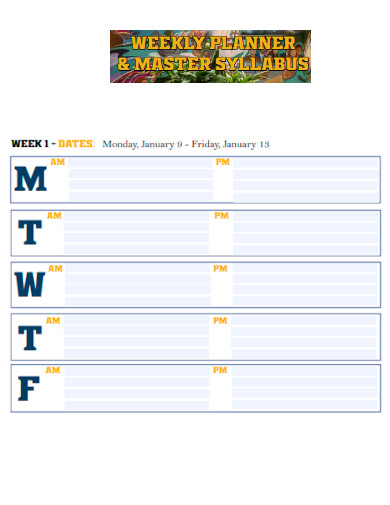
Weekly Planner and Master Syllabus
download now -
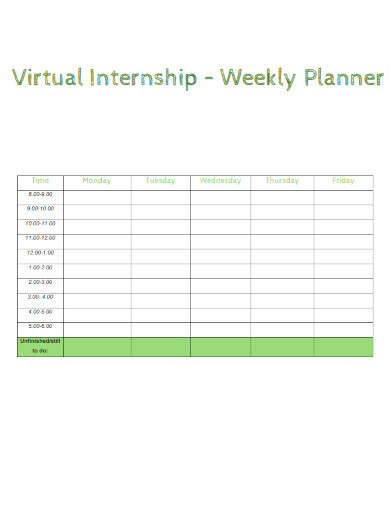
Virtual Internship Weekly Planner
download now -
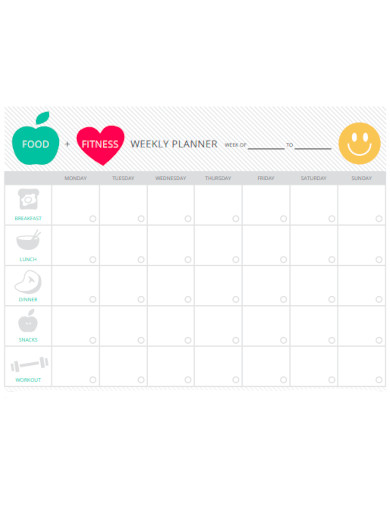
Food Fitness Weekly Planner
download now -
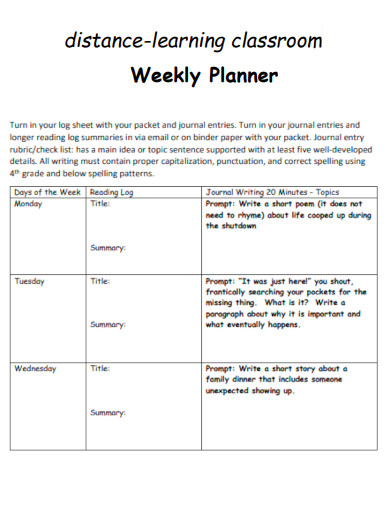
Distance Learning Classroom Weekly Planner
download now -
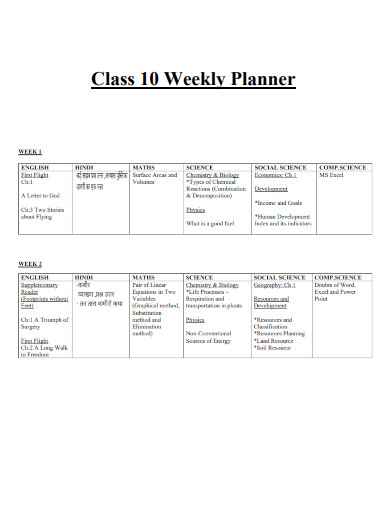
Class 10 Weekly Planner
download now -
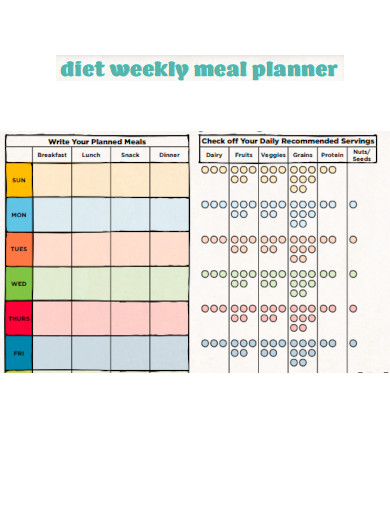
Diet Weekly Meal Planner
download now -
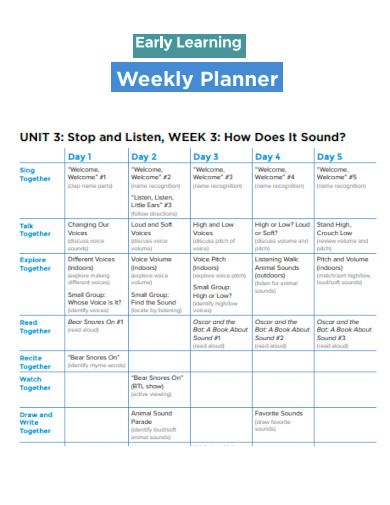
Early Learning Weekly Planner
download now -
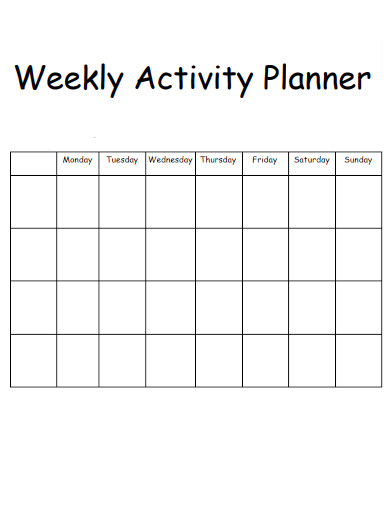
Weekly Activity Planner
download now -
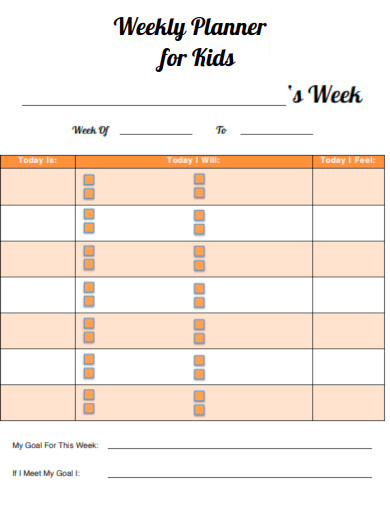
Weekly Planner for Kids
download now -
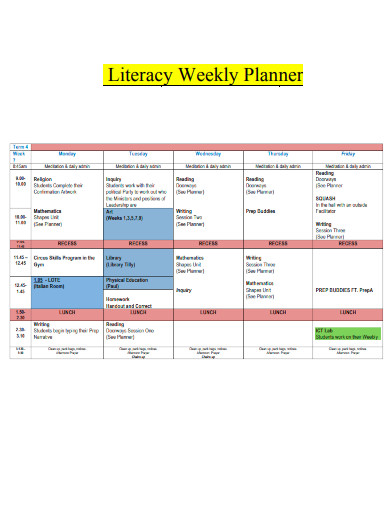
Literacy Weekly Planner
download now -
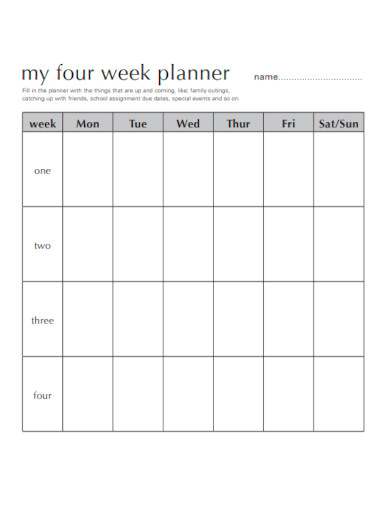
Four Week Planner
download now -
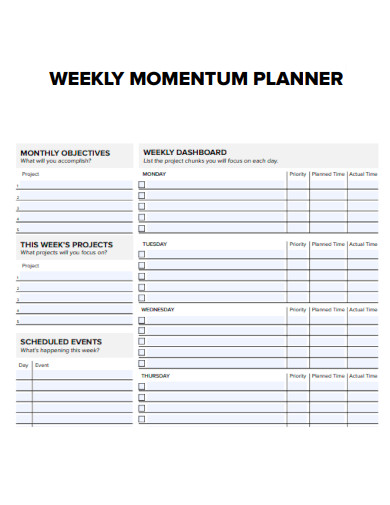
Week Momemtum Planner
download now -
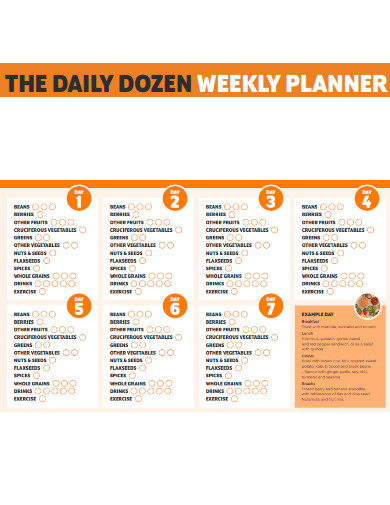
Daily Dozen Weekly Planner
download now -
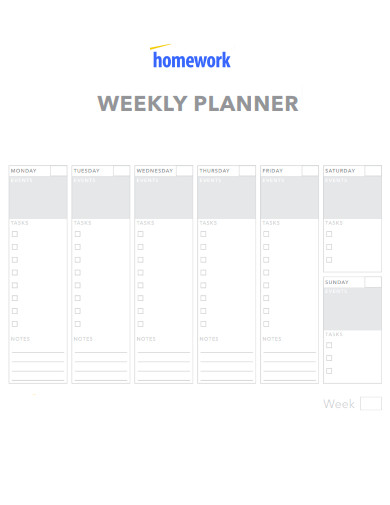
Homework Weekly Planner
download now -
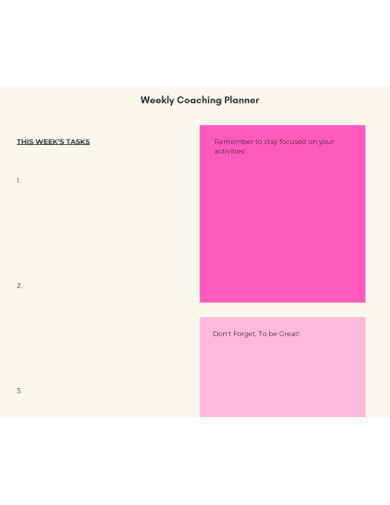
Weekly Coaching Planner
download now -
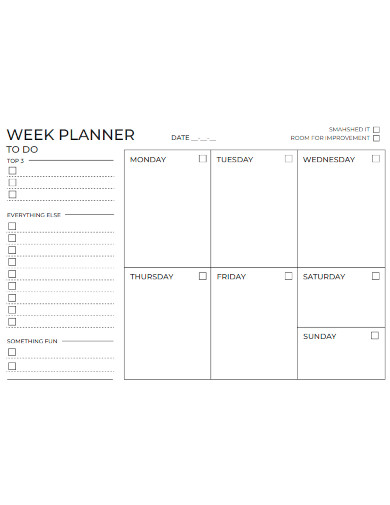
To Do Weekly Planner
download now -
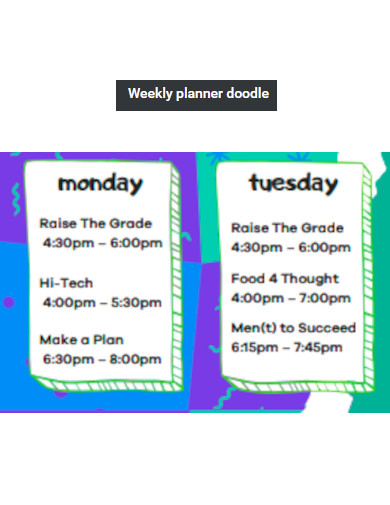
Weekly Planner Doodle
download now -
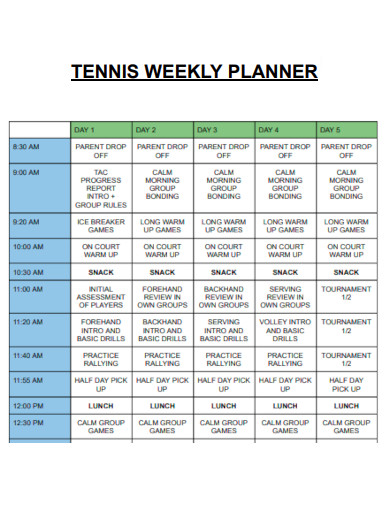
Tennis Weekly Planner
download now -
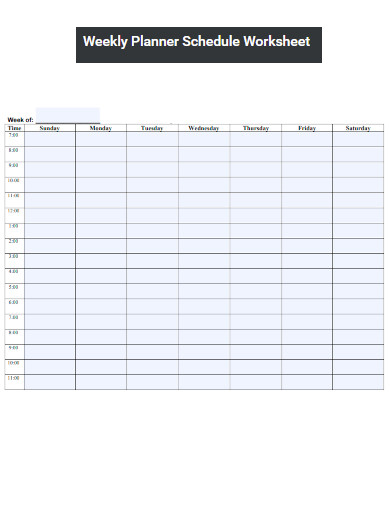
Weekly Planner Schedule Worksheet
download now -

Children Weekly Planner
download now -
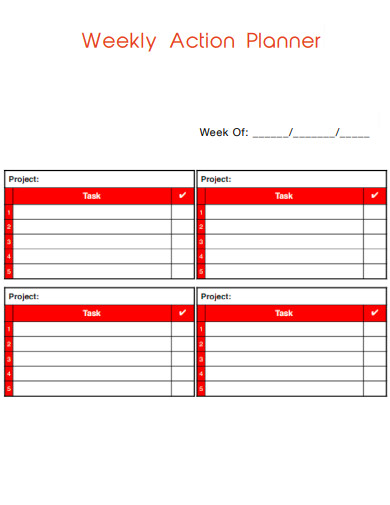
Weekly Action Planner
download now -
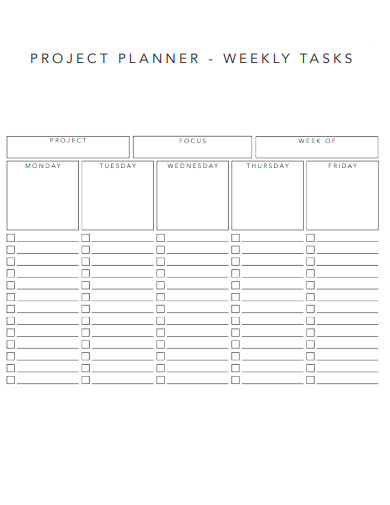
Project weekly Planner
download now -
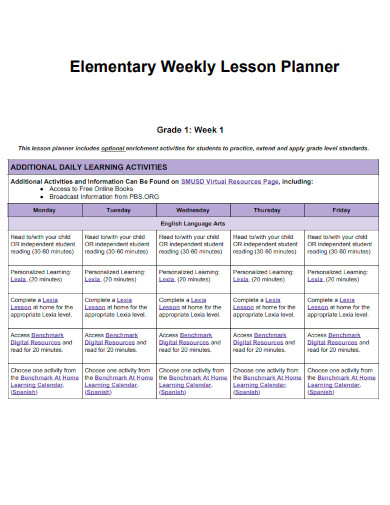
Elementary Weekly Lesson Planner
download now -
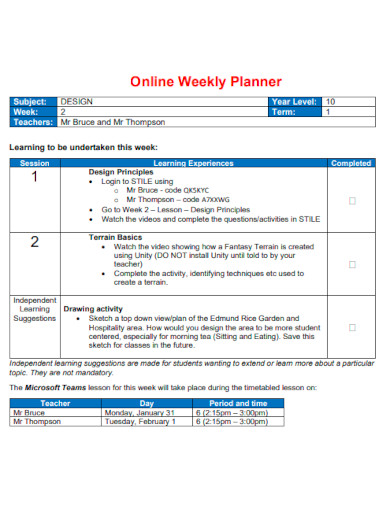
Online Weekly Planner
download now -
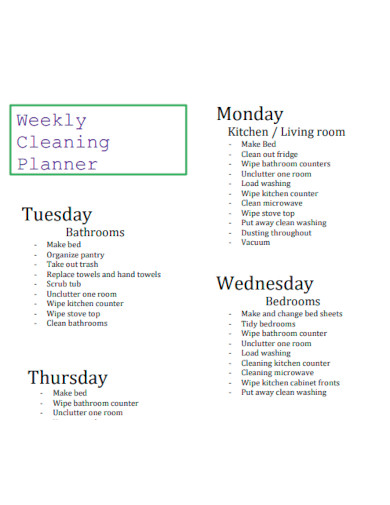
Weekly Cleaning Planner
download now -
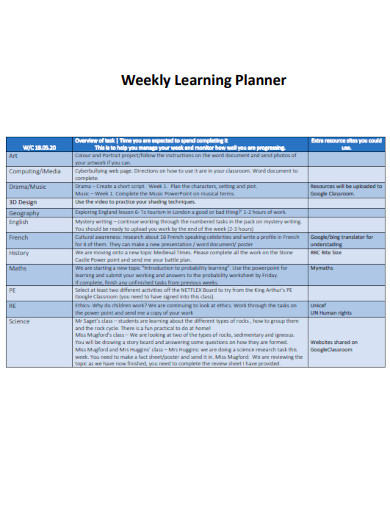
Weekly Learning Planner
download now -

Pre-school Weekly Planner
download now -
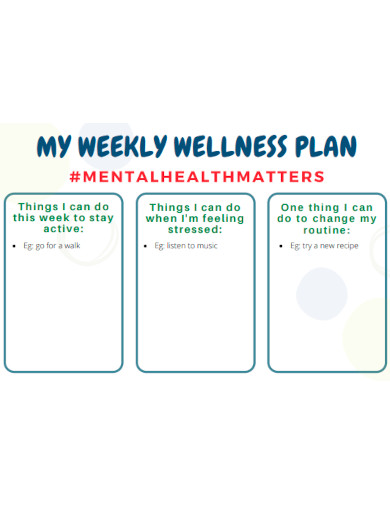
Weekly Wellness Planner
download now -
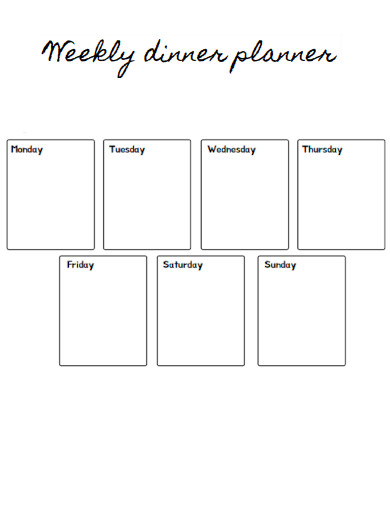
Weekly Dinner Planner
download now -
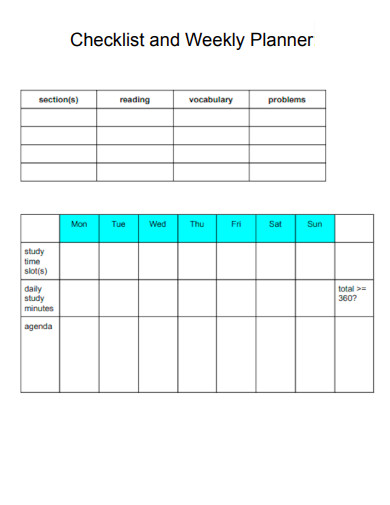
Weekly Planner Checklist
download now -

Weekly School Lunch Planner
download now -
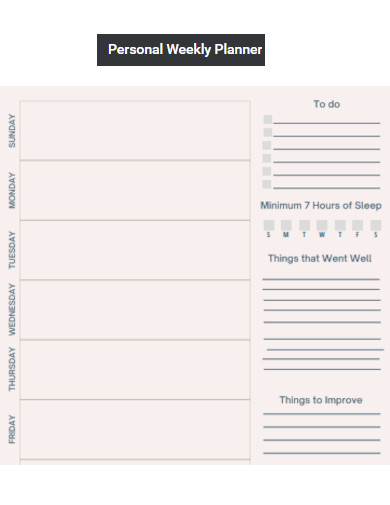
Personal Weekly Planner
download now -

Colorful Fruits Weekly Meal Planner
download now -
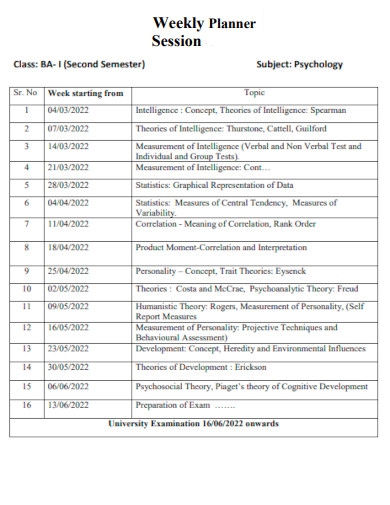
Weekly Planner Session
download now -

Fitness weekly Planner
download now -

Twenty Four Seven WeeklyPlanner
download now -
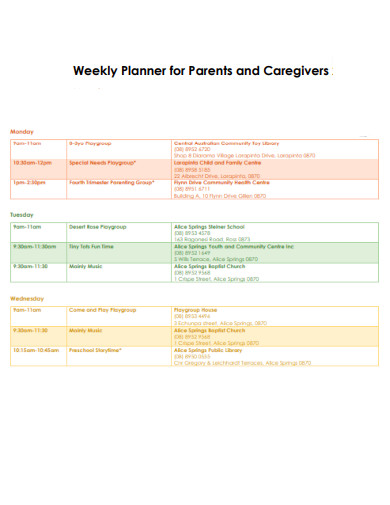
Weekly Planner for Parents and Caregivers
download now
What is a Weekly Planner?
A weekly planner is a tool that a person uses to plan tasks, appointments, and events for the upcoming week. Through it, they can organize and schedule a to-do list. They can prioritize tasks and set reminders for the things that they are about to do. Weekly planners can make anyone manage their time effectively. They can make good use of their time. This is one good way to be disciplined. Today, an online weekly planner can be available on the internet so you can have a weekly planner on your computer. Or if you want you can have a weekly planner template and you can have this as a printable weekly planner. Or if you want to use the traditional way, you can have a weekly planner notebook.
Some examples of weekly planners are a weekly meal planner, a weekly student planner, a weekly schedule planner, a weekly hourly planner, and a weather weekly planner. To have the best weekly planner, customize a weekly planner template according to your needs. Choose a template that best suits your needs every week. When you have a great weekly planner, you can be more energized to use it. You can become more effective in managing your time. A weekly planner can help you so that you can do all your tasks and you can have the productivity that you need.
Tips on Weekly Planner
As someone who is going to use a weekly planner, you will want to ensure that you are going to use it effectively. There can be many strategies that you can apply when you are using a weekly planner. They can help you to manage your time more effectively and make the most out of your weekly planner. Some of the strategies that you can do are the following:
How to Create a Weekly Planner
Maybe you want to be disciplined with your time that is why you want to use a weekly planner. Do you want to know how to create one? The following can guide you in making a weekly planner:
1. Know Your Needs
First, you need to determine what you want to include in your weekly planner. Pick a good format for your planner. What sections do you want to include? Do you want to have a to-do list, goals, or notes? Decide what you want to put in your weekly planner.
2. Pick a Template
It can help you with your work if you choose a weekly planner template. There can be many PDF documents online that you can download. Or you can create your own spreadsheet or make something in a word processing program.
3. Add Tasks and Appointments
In your weekly planner, set up the days of the week. Enter the days of the week and the dates. Then, add the tasks and appointments that you are going to have for the week. Be realistic in assigning tasks and events.
4. Use the Planner
After creating the weekly planner, you must use it. Keep it visible to you. Keep it in a place where you can easily reach it so you can check it from time to time.
FAQs
What are the benefits of a weekly planner?
The benefits of a weekly planner are increased productivity, better time management, reduced stress, improved goal setting, increased accountability, and increased motivation.
What is included in a weekly planner?
The things that are included in a weekly planner are the days of the week, the tasks and appointments, and additional sections for goals or notes.
Creating a weekly planner can be fun. You will have something to use every week so that you can be effective. It will be good for anyone to make a weekly planner. They can be sure to be productive every week. They can accomplish all their tasks on time which can give them success at work.
